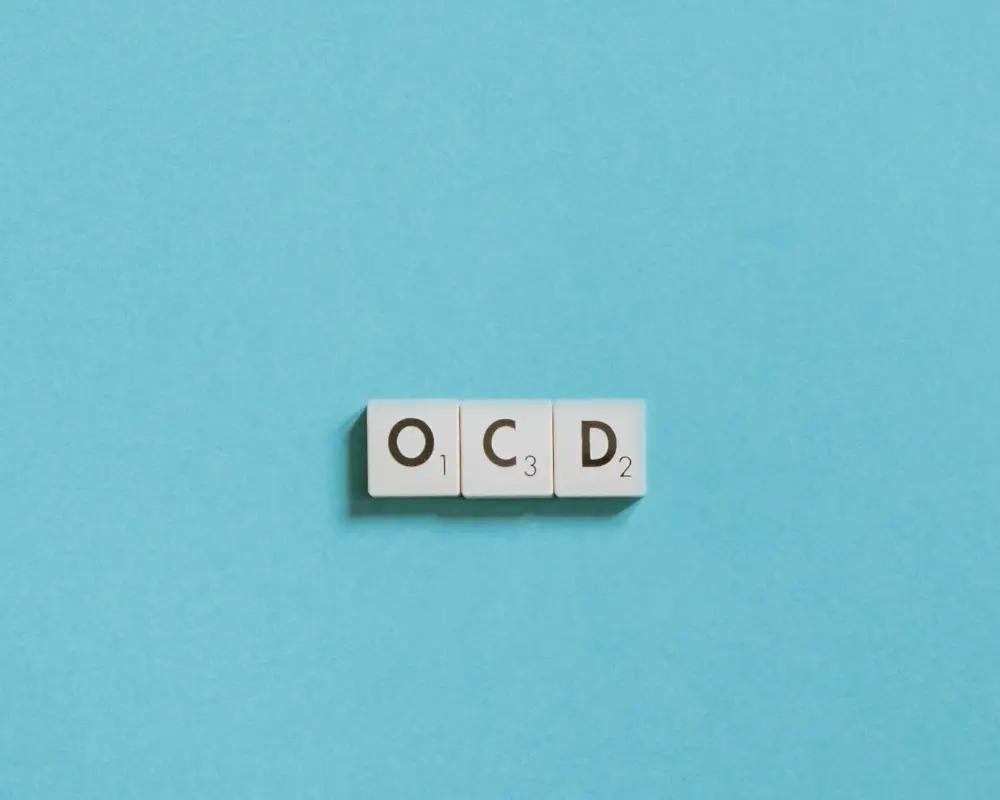Mgr. and Bc. Radek Němec
Stress is a natural part of life and we all experience it from time to time – whether it’s due to daily worries, a demanding job, family responsibilities or unexpected events. In small doses, we can help you get through an important task or respond to a crisis. However, the problem arises when stress becomes chronic and our bodies remain in tension for too long.
From a biological perspective, stress is the body's natural response to stress. The body releases stress hormones such as cortisol or adrenaline, which prepare us for immediate action. However, this state is not meant to last for weeks or months. If stress becomes a part of life, it gradually depletes our physical and mental strength. It can lead to insomnia, headaches, painful problems, weakened immunity, anxiety, sadness or burnout. This in turn affects our relationships, mood and ability to concentrate. In the best case, a person notices it before the big red light comes on, but it often happens that we don't see this light or don't want to see it.
But how do we know that it's too much for us? Warning signs can be subtle – frequent fatigue despite the desire to sleep, sleep disorders, mood swings, difficulty concentrating, pain or tension in the body, but also loss of life and withdrawal. These symptoms are not failures. They are signals from the body and soul that it's time to slow down and start consciously taking care of your mental health.
BE IN THE IMAGE
Information, articles and news
Do you need help?
You can send us a message or call us every day from 8 a.m. to 8 p.m. +420 228 226 101
This website is using cookies
You can either allow them all with the "I agree to all" button below, refuse or set the "Detailed settings" in detail. You can also change the selection later. More information about cookies in the Cookie Policy .




